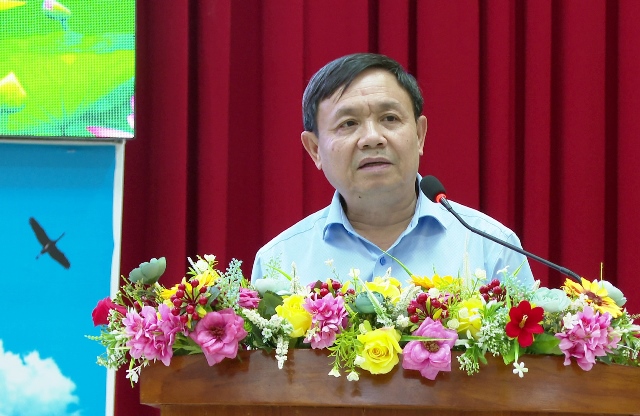In addition, the Ministry of Education and Training said that when amending the Law on Higher Education, the State will have policies to provide financial support and scholarships for learners; in which priority will be given to students in key professions, disadvantaged and vulnerable areas.
Currently, public university tuition fees are based on the roadmap to ensure education and training service costs according to Decree 81/2021/ND-CP. Accordingly, the State sets tuition fee ceilings by major and each school year, which schools cannot exceed. For quality-accredited programs, universities are allowed to determine their own tuition fees. The country currently has 264 higher education institutions (universities and colleges) with 2.3 million students, of which 64 are private schools.
In recent times, the fact that some students have difficulty accessing higher education due to financial difficulties is a sad reality. I have known some students who had to give up their dream of going to university and transfer to college because their families were poor and could not afford tuition fees. The above proposal will certainly help reduce the financial burden on students, especially those from low-income families; creating equal learning opportunities for students from all walks of life. Families will also not have to worry about not having enough money to send their children to university, thereby promoting the development of high-quality human resources.
On the other hand, if this mechanism is approved, it will also help universities have a higher chance of financial autonomy. Universities can adjust their tuition fees to suit the needs and financial capabilities of students, while not reducing the quality of education. Universities will have more motivation to provide high-quality training programs to meet the increasing needs of society...
Some opinions say that the essence of the above proposal is the flexibility in adjusting tuition fees according to the economic situation. When the economy develops and per capita income increases, tuition fees will be adjusted to reflect this change. Conversely, in times of economic hardship, tuition fees will not increase dramatically, helping students not to bear additional financial burdens. Thereby, helping to maintain stability for the university education system in situations and create a sustainable education development.
Although there may be some challenges in implementation, the proposal to calculate university tuition fees based on per capita income is a fair and reasonable solution, considered an important step in reforming the university education system in Vietnam.
Source: https://baophapluat.vn/buoc-tien-trong-tu-duy-ve-hoc-phi-dai-hoc-post543954.html


![[Photo] "Beauties" participate in the parade rehearsal at Bien Hoa airport](https://vstatic.vietnam.vn/vietnam/resource/IMAGE/2025/4/11/155502af3384431e918de0e2e585d13a)
![[Photo] Looking back at the impressive moments of the Vietnamese rescue team in Myanmar](https://vstatic.vietnam.vn/vietnam/resource/IMAGE/2025/4/11/5623ca902a934e19b604c718265249d0)



















![[Photo] Summary of parade practice in preparation for the April 30th celebration](https://vstatic.vietnam.vn/vietnam/resource/IMAGE/2025/4/11/78cfee0f2cc045b387ff1a4362b5950f)






























































Comment (0)